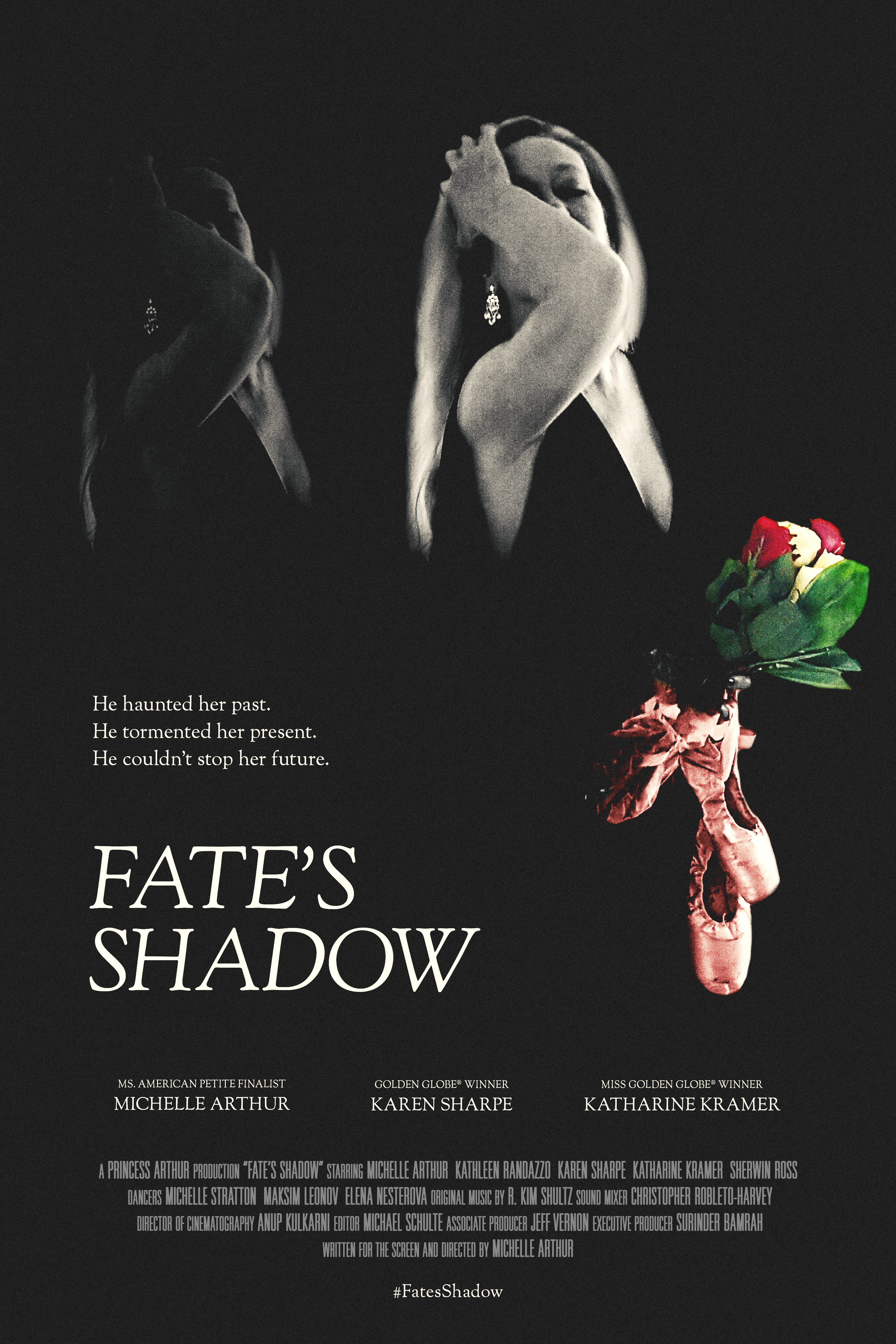
Short Film Review “Fate’s Shadow”
WATCH THE TRAILER HERE
First, the Recap:
There is the formative power of reverie and the impact of love’s grip upon the heart that can often propel us to take on much more harmful circumstances than we should. When relationships founded on abuse, mental or physical, even both, it is then laid upon one to make the hardest yet most evident choice possible–escape the situation. However, when that moment arrives–will you choose wisely? For what seems like a much longer period of time than actually revealed, one woman named Eva (Michelle Arthur) has been involved with the love or her life, Zachary. Yet, events have transpired that find Eva deciding to seek out a hypnotherapist’s aid to handle the emotionally abusive nature of their bond.
Still caught up in her feelings for him despite the urgent need to sever the pairing, Eva attends a ballet event with her best friend Sara (Kathleen Randazzo) in Zach’s absence, his reasonings having angered and unsettled Eva’s entire notions about their love. Sharing with Sara about her therapist visit, the evening becomes more strikingly haunting as Eva watches the story on stage mirror what she’s learned about the past lives she and Zach had shared and the patterns of heart-rending exploitation that have followed them through to the current day. A jarring awakening to her actuality and what steps she truly needs to take, it only remains as to whether Eva will act on them and see a newfound freedom emerge.
Next, my Mind:
A multi-faceted immersion into the concept of emotional abuse, its impact on one’s ideas about self-worth, the need for eluding the fears and doubts that accompany it, and recognizing the final solution to break away from its tedious and hurtful grasp, this 10-minute indie short film effort from writer/director/actress Michelle Arthur takes a decidedly unique, intelligently creative approach to its themes, fusing dramatic narrative with just a touch of the fantastical to create a complete and moving tale that should definitively speak to those sadly finding themselves in similar situations and not feeling like there’s a way out. The overall notions of abuse are becoming more and more prevalent in the indie film realms, at least that’s what this critic feels is the case, and it is honest, transparent, and inspiring to see directors, especially female filmmakers, stepping out and making these issues known through the medium of film so as to get a relevant and necessary message to the masses–abuse does NOT have to continue and emancipation from it IS possible.
The film starts out quite straightforward and uncomplicated at first, with very solid pacing and execution, the basic tale of a woman searching for answers and Yet, it actually gains momentum once engaged with the theater sequence, where the interpretive dancing involved with the performance Eva attends takes her story to a new level of impactful realization and meshes together what she learned about her and Zachary’s connections from the past and how it weighs on them in the present. Plus, thanks to the film’s utilization of some closing on screen thoughts about the story behind the dance and how in real life Arthur was directly inspired to create the project from her own experiences seeing the original “Carmen” herself, everything comes into focus, providing the viewer with a much more absolute understanding of her character’s plight while making the effort’s finale grounded, believable, and filled with substance, even if a lot of this is more based in subtext than immediately or blatantly evident. Hence this is the creative beauty behind it all that makes it the gem it is.
Having pulled double duty already being writer/director for the project, Arthur takes on a third task in playing the lead role of Eva, a woman desiring to be utterly in love with every fiber of her being with a man she’s found and, from conjecture, has totally become immersed in. Yet, Eva is also clear that things have ended up becoming convoluted and frustrating in their union, more so as he has apparently commenced to emotionally abuse her. Fed up and in need of healing, Eva turns to a therapist, the visit to whom reveals a more tangible albeit fanciful reality about her and Zachary’s history in previous lives that causes Eva to see the evidence of what’s unfolding between them now in the present. Sharing this with her best friend while attending a dance performance, Eva’s also confronted with other potent reminders and reflections about how Fate seems to have interjected itself into the couple’s path, awakening the truths about her need to break away from undeserved abuse and find liberation. Again, it’s an exercise in underlying meanings and nuances with the character, and Arthur turns in a worthy performance that illustrates these themes and their implications with poise and intent.
Primary co-starring roles come in the form of Randazzo as Eva’s best friend Sara, who supports Eva through and through and only wants to see her get away from thinking that an abusive relationship is all she is capable or worthy of, Katharine “Kat” Kramer as Zachary’s mother Beverly, who makes it more than clear what she feels about Eva after the dance performance is completed, Karen Sharpe as Zachary’s sister Mary, who like her mother, seems to hold nothing but disdain for Eva, and Sherwin Ace Ross as Sam, a friend of Beverly and Mary whom they interact with at the theater. There is then the trio of dancers who enact the beautifully emotive, passionate “Carmen III” sequence, Michelle G. Stratton, Maksim Leonov, and Elena Nesterova, moving with a purposeful grace and beauty of movement that is a highlight of the film and integral to the story being told for Eva’s character. Supporting turns and appearances are numerous and delivered by Stacy Newton, Pamela Francesca Rubino, Linney Allen, Patrick Stalinski, Surinder Bamrah, Jeff Vernon, Justice Joslin, Edythe Davis, Oliver Stafford, Andres Hudson, Jacqueline Bustamante, Silvia Belcheva, and Gopal Nunemacher.
In total, with it’s uncomplicated rendering, pertinent and needed thematic explorations, wonderfully apropos music score courtesy of R. Kim Schultz, and overall proof-of-concept feel that could promise a bigger film to follow on the horizon, “Fate’s Shadow” stands as an example of the heart and soul indie filmmakers put into their projects, forgoing the overt pomp and circumstance of mainstream cinema and instead stripping it down to the foundational principals and genuine drive that all showcase a filmmaker who’s still intensely in love with their art. Likewise, it is also a reminder to us about the importance of addressing abuse, those affected by it, and having greater conviction to not let the specter of those who lost the battle against it leave our minds. Rather may it spur us to action in order to help restore that which has been broken so that healing and genuine love can be the standard instead of ignorance and ongoing pain.
As always, this is all for your consideration and comment. Until next time, thank you for reading!
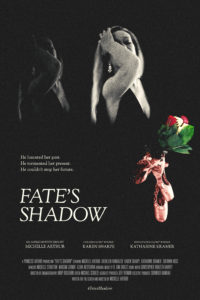
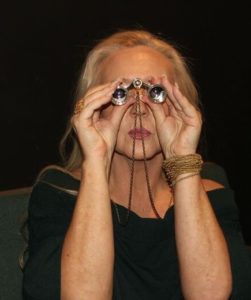
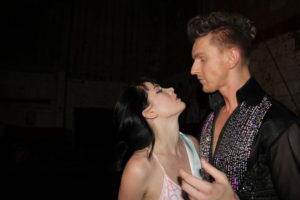
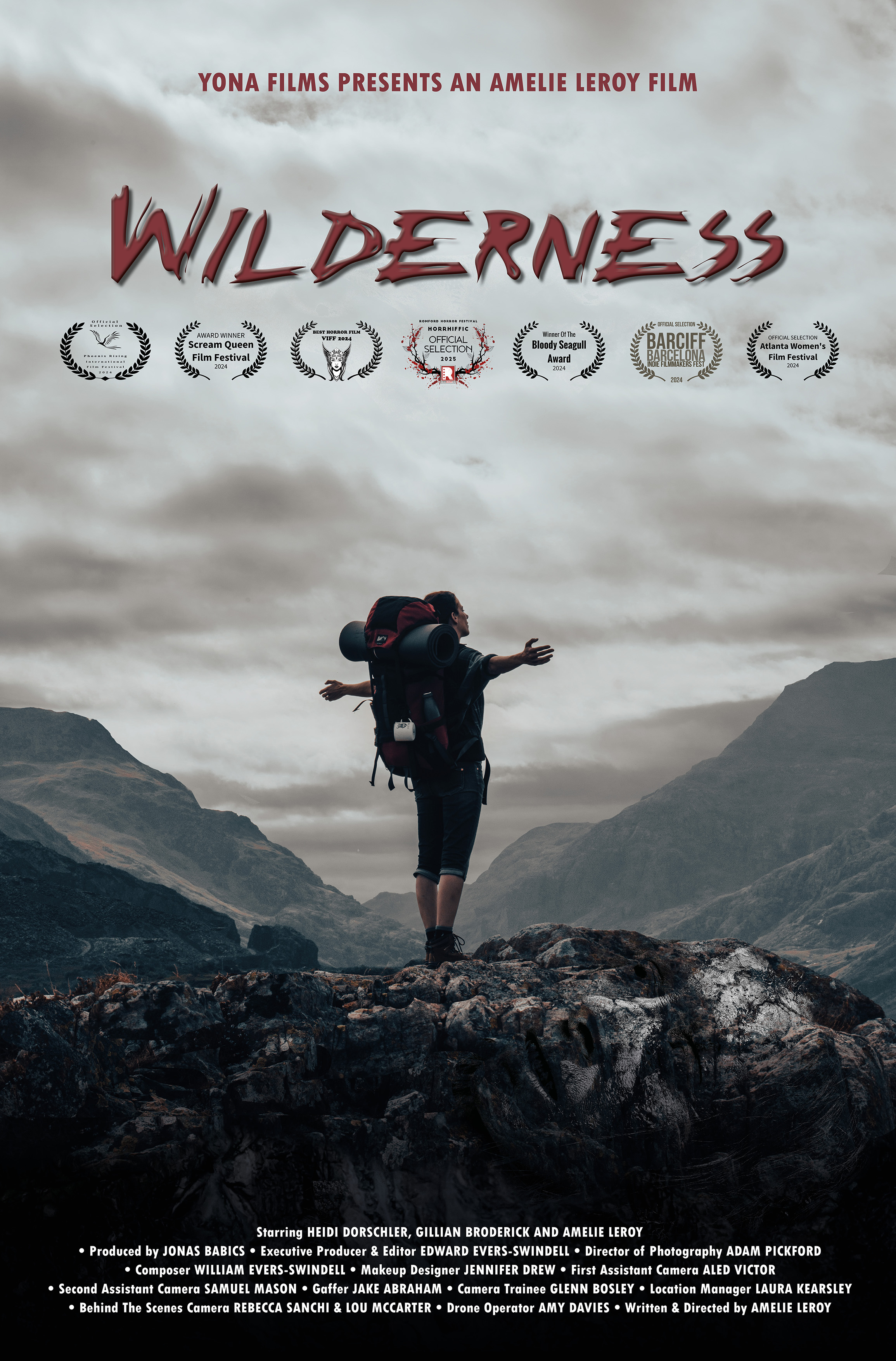
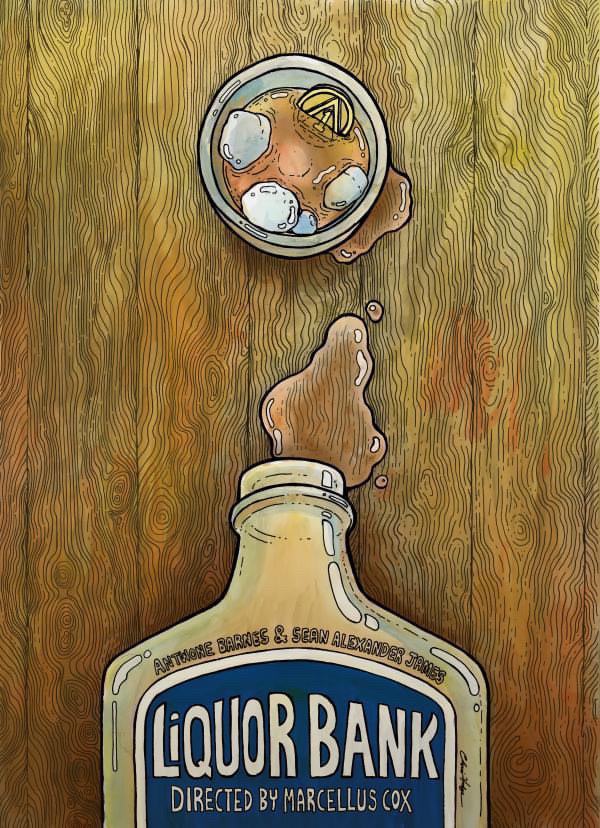
Permalink